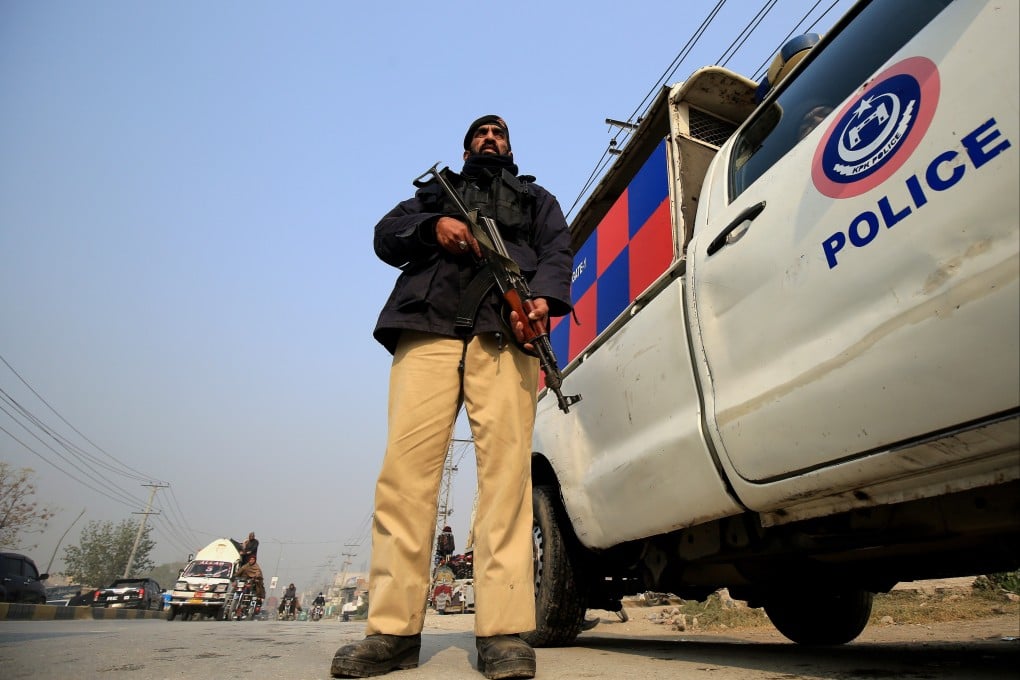Advertisement
Opinion | Pakistan’s crumbling economy is fuelling a rise in terrorism in South Asia
- Weakened by Covid-19 and catastrophic floods, Pakistan’s disintegrating economy is causing unrest and terrorism to spill across its borders
- For the sake of regional security, India must make peace with Pakistan and combine forces to tackle terrorism
Reading Time:3 minutes
Why you can trust SCMP
2

Financial fault lines are widening in India’s neighbouring countries – after Sri Lanka, Bangladesh and Nepal, it’s now Pakistan’s turn. In recent months, the Pakistani rupee has repeatedly hit record lows against the US dollar and inflation has surged to 27.6 per cent, the highest since May 1975.
The country has barely recovered from the unprecedented floods last year, which devastated an economy already reeling from the Covid-19 pandemic. The floods affected 33 million people, displaced 8 million and caused more than US$14.9 million in estimated damage. Pakistan, once one of the richer countries per capita in South Asia, now lags even further behind India and Bangladesh.
The impact on ordinary folk has been dire. The acute shortage of wheat in a country that is usually the world’s eighth largest producer, is threatening food security. Parents are moving children to less expensive schools and economists forecast job losses, more social unrest and a shrinking gross domestic product.
According to the UNDP’s Pakistan National Human Development Report released in 2021, middle-class incomes have been steadily shrinking over the past two decades. The unemployment rate of university graduates surged from less than 5 per cent in 2007-2008 to over 16 per cent in 2018-19. The UNDP report stressed that Pakistan needed sustained and equitable economic growth.
But some of the government’s knee-jerk reactions to the spiralling crisis have been ludicrous, and only compounded the suffering. Last June, Pakistanis were urged to drink less tea to conserve the foreign exchange used to import the commodity.
On January 23, the country suffered nationwide blackouts as the cash-strapped government’s energy-saving measure of turning off electricity during low-usage hours at night backfired, and the national grid failed, leaving millions in darkness.

Advertisement
